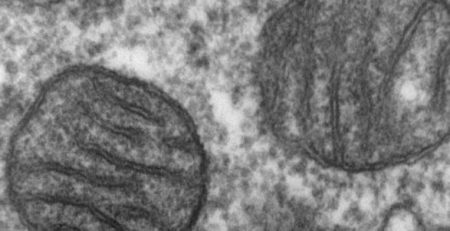The Key to a Vaccine’s Effectiveness Could be in Your Genes
RV144 was the first AIDS vaccine trial to show protection against HIV in humans, ultimately reducing HIV risk by an estimated 31.2 percent over three years of follow up. In a recent study published in the journal Science Translational Medicine researchers at the U.S. Military HIV Research Program tested whether specific variants of immune response genes were associated with greater protection against the virus.
This has huge implications for future vaccine trials. Study author Col. Nelson Michael, Director of the U.S. Military HIV Research Program, told popular website IFLScience that “(w)e may even get to the point where we could look forward in time and predict [how people will react to certain vaccines].”
The RV144 trial took place in 2003, combining two separate HIV vaccines that had been developed in the 90s, and ultimately deemed failures. Once the vaccines were administered together, however, they proved they could provide protection. A follow-up study revealed that this vaccine cocktail evoked two different immune responses. Some people generated an antibody that decreased the likelihood of infection, while others produced an antibody associated with an increased risk of infection. It was this discovery that prompted this most recent study – which focused on the genes for molecules called HLA class II. These genes play a very important role in antibody response and are also highly variable.
Researchers found that variations in these genes affected the quantity and quality of antibody responses to the vaccine, ultimately affecting the effectiveness of the vaccine. “Ultimately,” IFLScience writes, “if scientists do these genetic tests alongside all vaccine trials, we may be able to predict whether a vaccine will work prospectively, rather than retrospectively.”














